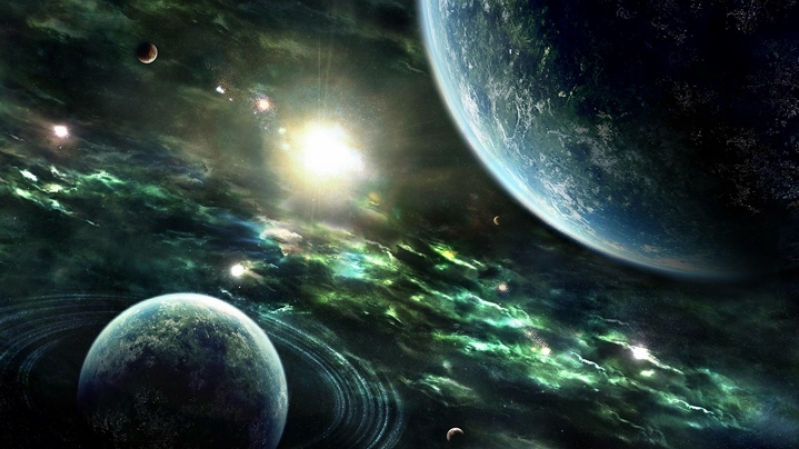
In his book "The God Delusion," Richard Dawkins says that "one of the truly bad effects of religion is that it teaches us that it is a virtue to be satisfied with not understanding."
However, what Dawkins refers to as "not understanding," evangelical Christians call "faith."
A recent survey released by The Associated Press shows that many US Americans do not believe the earth began with a Godless "Big Bang." The study, given to 1,012 adults, shows that religious identity - particularly evangelical Protestant - was one of the sharpest indicators of skepticism toward key issues in science.
The survey presented a series of statements that several prize-winning scientists, including Richard Dawkins and Stephen Hawking say, are proven facts. However, the research shows that a staggering amount of US adults disagree. According to the survey results:
* 51 percent of U.S. adults overall (including 77 percent of people who say they are born-again or evangelical) have little or no confidence that "the universe began 13.8 billion years ago with a big bang."
* 42 percent overall (76 percent of evangelicals) doubt that "life on Earth, including human beings, evolved through a process of natural selection."
* 37 percent overall (58 percent of evangelicals) doubt that the Earth's temperature is rising "mostly because of man-made heat-trapping greenhouse gasses."
* 36 percent overall (56 percent of evangelicals) doubt "the Earth is 4.5 billion years old."
54% of survey takers with no particular religious affiliation said that while they aren't sure exactly how the earth was created, they cannot deny that the "universe is so complex, there must be a supreme being guiding its creation."
Darrel Falk, a biology professor at Point Loma Nazarene University and an evangelical Christian, said many biblical scholars do not see a conflict between religion and science. "The story of the cosmos and the Big Bang of creation is not inconsistent with the message of Genesis 1," he told the Huffington Post.
Richard Dawkins scoffs at the idea, saying that Americans rely on faith because they don't understand science.
"If you don't understand how something works, never mind: just give up and say God did it. You don't know how the nerve impulse works? Good! You don't understand how memories are laid down in the brain? Excellent! Is photosynthesis a bafflingly complex process? Wonderful! Please don't go to work on the problem, just give up, and appeal to God."
A recent survey on "religious understandings of science," by Rice University sociologist Elaine Howard Ecklund, found that the two worldviews are not always in opposition.
Ecklund's study for the Dialogue on Science, Ethics and Religion program at the American Association for the Advancement of Science that compared views of 10,000 U.S. adults--including scientists and evangelicals--found that nearly 36 percent of scientists have no doubt about God's existence and that they are about as likely as most Americans overall (about one in five) to attend weekly religious services.






